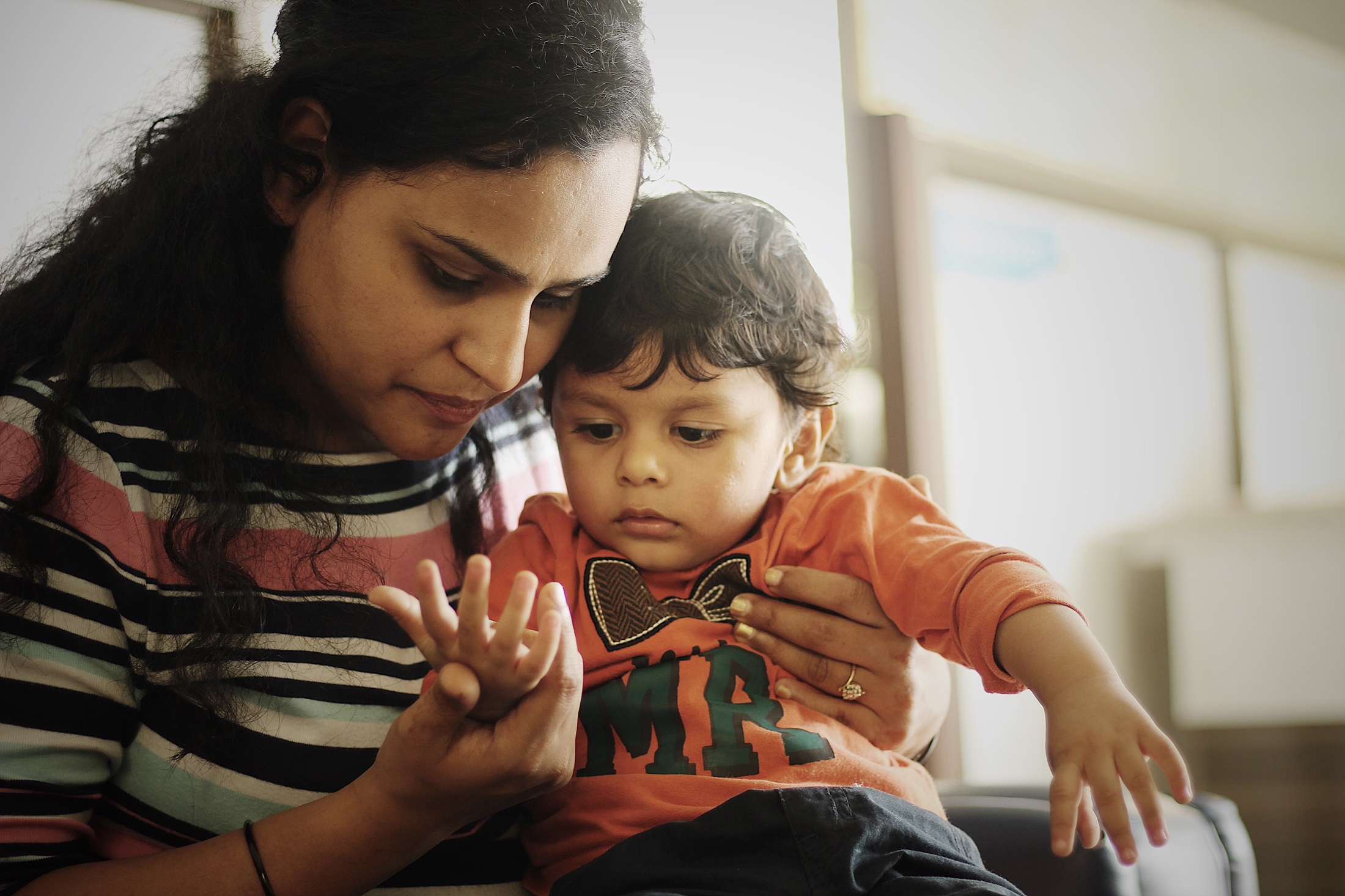Self-Care for Parents of Young Children
As a parent of young children, you have a huge amount of responsibility on your shoulders. Not only do you […]
Read complete blog >>
In recent years I stopped using the word addiction diagnosing clients as a result of the overuse of the term in popular culture. I find that many individuals spend most of their time fighting the label rather than identifying problematic behaviors. Hence, I use the terms dysfunctional relationship. This terms applies to sex, alcohol, drugs, shopping, plastic surgery, gambling, and the list goes on. This article focuses on the identifying problematic sexual behavior, or a 'dysfunctional relationship with sex.'
When you engage in problematic sexual behavior, you substitute relationships with others with an obsession with a sexual event or process. This means that if you struggle with a dysfunctional relationship with sex, you may watch porn for hours, or you may visit massage parlors or prostitution houses. These activities become more important to you than cultivating healthy relationships within your surroundings.
The dysfunctional relationship with sex becomes something that alters your mood and it becomes central to your life. You then start to feel fake to all your surroundings and escape other people. You feel your authentic self only when you are engaged in sexual behavior.
A circle of shame and guilt starts to develop around you which leads to more social withdrawal and low mood. Loneliness, although an unpleasant feeling, becomes “normal.” You then start leading a double life, one is fantasy and the other is reality. You become so engulfed by the fantasy that you struggle to come back to reality despite the damage your behaviors are causing.
What is important to understand in the relationship between an individual and any 'addictive substance or behavior,' is that the relationship tends to be with the element. In the example of sex, the relationship that you develop is with sex. You trust that sex will give you what it promises, for example the rush of chemicals and momentary positive emotions. The relationship developed with the “behavior” becomes a reliable and trusting experience as opposed to your relationship with your surroundings and themselves.
Another significant element in the relationship between the individual and sex, is the relationship between the individual and themself. If you have a dysfunctional relationship with sex, you usually have a dysfunctional belief system about yourself.
You may not see yourself as a worthy person. You don’t believe that people care about you, or that they even should. It is also possible that you don’t believe that your needs are important and have to be met by others. Your most important need is sex and you seek ways to get it fulfilled. Sex makes your feelings of loneliness and isolation bearable. Those core beliefs about the self become the grounding point for your dysfunctional relationship with sex.
The dysfunctional relationship with sex goes through four stages and becomes a cycle. Your problematic sexual behavior cycle gets stronger and more intense each time you repeat it.
Therapy is essential to address this cycle. The purpose of psychotherapy is to identify the function of the “addiction.” Your therapist encourages you to examine the relationship developed with the substance over the years. You learn to grow and develop different kinds of relationships in a healthier dynamic. Therapy also focuses on challenging the entrenched beliefs you have about yourself.
Changing the relationship with oneself is an essential element toward the road to recovery. However, it is always important to remember that recovery is not linear. You can't change behaviors that you have learned and entrenched for years overnight. However, change does happen over time.
If you or a loved one are struggling with some of the above mentioned difficulties, please reach out to a qualified professional who can help you.
Articles on www.hoopfull.com may feature advice and are for informational purposes only. It is not intended to be a substitute for medical advice, diagnosis or treatment from a trained professional. In an emergency, please seek help from your local medical or law enforcement services.
Keep up to date with the Hoopfull community.

As a parent of young children, you have a huge amount of responsibility on your shoulders. Not only do you […]
Read complete blog >>
Women as nurturers In most societies, women are predominantly seen as nurturers. It is implicitly expected that women will care […]
Read complete blog >>
‘…reframing is the process of changing the way a thought is presented so that it maintains its fundamental meaning but […]
Read complete blog >>